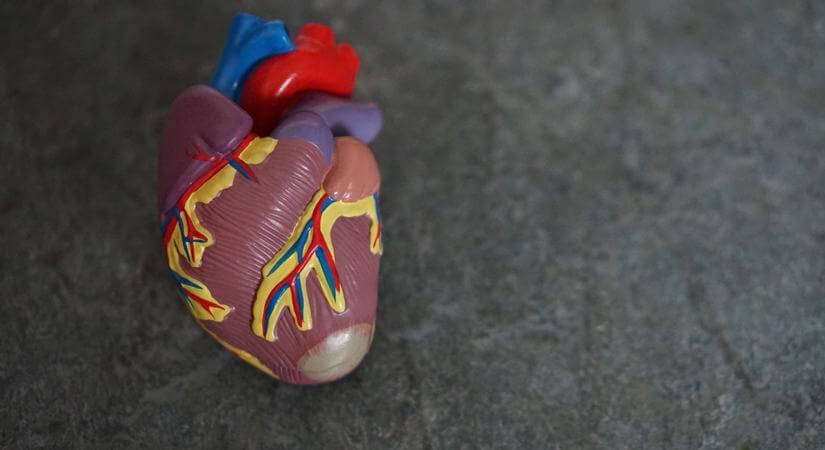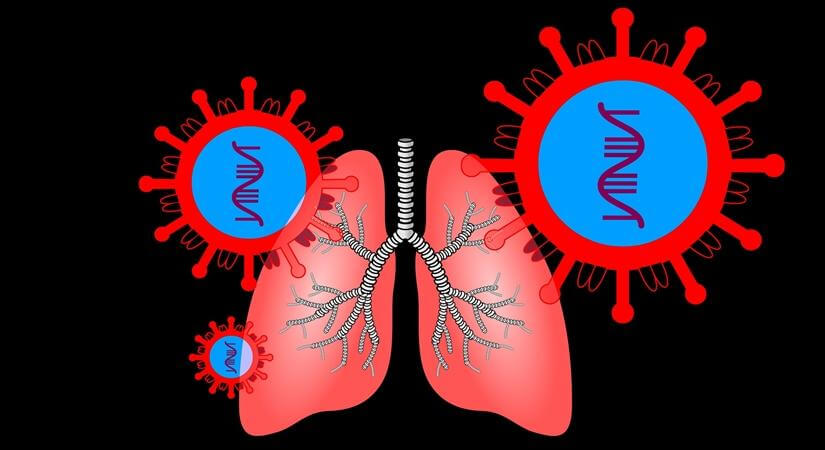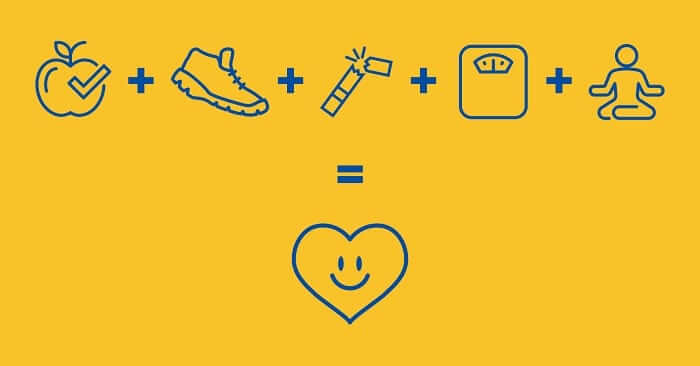
This World Heart Day, let’s have a light-hearted conversation about the importance of having a healthy heart and how one should take care of it. Being aware of cardiovascular diseases and measures to prevent them is of utmost importance to all of us, especially adults of over 40 years of age, to ensure they follow a healthy routine.
Heart failure is one of the most under-diagnosed heart diseases contributing to a high number of death rates. The high death rates due to heart diseases are comparable to mortality associated with cancers of the breast and cervix.
There is lot of ambiguity when it comes to understanding heart failure. The disease is often confused with heart attack, or its symptoms are ignored as signs of old age or other diseases.
What is Heart Failure?
Heart failure is a chronic and progressive disease in which the heart muscle weakens or stiffens over time, making it difficult for the heart to pump normally. This leads to symptoms like shortness of breath, need for elevated pillows to breath properly while lying down, swelling in the ankles, legs and abdomen, sudden weight gain and constant tiredness or fatigue.
What causes Heart Failure?
Several comorbid conditions and risk factors can cause heart failure. A prior heart attack is one of the key reasons. Sedentary lifestyle, lack of exercise, stress, smoking, excessive consumption of alcohol, drug usage etc., that leads to lifestyle diseases, increases the risk of developing heart failure in the future.
– Hypertension or high blood pressure makes the heart work harder than it must. Over time, this puts pressure on the muscle responsible for the pumping action
– Coronary artery disease: Narrowed arteries limit the supply of oxygen-rich blood. The heart pumps harder to meet the need of the limited blood flow resulting in weakened heart muscle
– Heart attack: Heart attack and Heart Failure are not similar. Attack is a sudden cardiac event that has a direct effect on the basic functioning. A prior attack can majorly cause damaged and mean that the heart will never be able to pump as effectively as it did earlier, leading to Heart Failure
– Diabetes: Chronic condition like diabetes increases the risk of high blood pressure and coronary artery disease which in turn increases risk of acute heart failure
– Cardiomyopathy: Cardiomyopathy is a disease of the heart muscle caused due to alcohol consumption and/or smoking or drug abuse or other yet to be discovered causes
– Obesity: Being overweight increases risk for abnormal heart function and puts one at the risk of high blood pressure, diabetes etc. In the long run, excessive fat deposition can affect the flow of blood through heart muscle, leading to heart failure
– Heart Valves disease: In this ailment, one or more of the valves doesn’t work properly. This can cause the blood flow through your heart to your body to be disrupted and cause various complications in your body which can lead to heart failure.
– Irregular heartbeats: Abnormal heart rhythms, especially if they are very frequent and fast, weakens the heart muscle and could cause heart failure
It’s advisable to adopt an overall healthy lifestyle. One should exercise on a regular basis, refrain from smoking, drinking or drug abuse and eat healthy and nutritious meals. People should also develop a habit of regular health screening to ensure that any possible disease could be diagnosed at an early stage, to ensure timely treatment.
COVID affects the heart

People who have preexisting heart diseases are at a higher risk of severe cardiovascular and respiratory complications from Coronavirus.
Patients with COVID 19 have too many cytokines into the blood too quickly, known as a cytokine release syndrome, or cytokine storm which may lead to tachycardia, tachypnea and diaphoresis and elevated D-dimer. There may be fulminant inflammation of the heart muscle because of the virus directly infecting the heart.
Second some people may experience direct damage to heart muscles something known as Myocarditis. The heart may also get damaged and inflamed indirectly by body’s own immune system response. Virus may cause stress Cardiomyopathy in which heart may lose its ability to pump blood. This further leads to irregular heart rate.
Damage may mimic heart attack even in the absence of known previous coronary artery disease. Patients may suffer from chest pain / shortness of breath. This can occur when the muscle does not get enough oxygen, which in the case of COVID-19 may be triggered by a disparity between oxygen supply and oxygen demand. Fever and inflammation lead to accelerated heart rate and increases the metabolic demands on many organs.
Thirdly, Covid 19 may render the blood more prone to clotting, while also interfering with the body’s ability to dissolve clots. COVID-19 has been found in numerous studies to cause hypercoagulability. Pulmonary embolism (PE) is seen in COVID-19 patients due to this clotting phenomenon. Acute pulmonary embolism is being recognized as a life-threatening manifestation of COVID-19.
Hence people with heart disease should stay in close touch with their doctors during this pandemic and should also comply with their medications regularly. Patients experiencing chest pain or heaviness in chest to consult immediately as COVID 19 has been shown to cause damage mimicking these symptoms.
For a healthy heart

Leading an unhealthy lifestyle, stress, excessive intake of salt and sugar through can result in high blood pressure. The past few months of COVID may have tempted you to lead a sedentary life, with limited physical activity and excess consumption of junk food, which can have long term adverse effects if left unchecked. So step up! It’s time to take a little extra care!
These simple tweaks in your diet and lifestyle, suggested by experts can go a long way:
Start your day with whole grains – Consuming whole grains like brown rice or whole wheat bring in great nutrition. Substitute your white food with the brown, while keeping a check on the portion size. Other whole grains like Barley, oatmeal, and buckwheat are some other interesting options for you. Remember to never make your food routine mundane.
Have fun with fruits – Go all fancy with your favourite fruits but make sure you don’t go overboard. Slice them into your fruit salads, or blend them for juices and smoothies. Consistently eating at least two fruits a day will surely go a long way. While all fruits come packed with sweetness and nutrients, Berries and Pomegranates are great for heart health because of their richness in anti-oxidants. So eat more ‘Red’!
So-fa, So fit – Get away from the couch and get moving. Take mini-breaks in between your work routine to walk and stretch a little. Early morning workouts are usually the best to keep your metabolism up and your blood flow steady.
Go wise with veggies – Green leafy vegetables are a must-have and no amount of fuss can change that. Veggies with every meal are a must. A bowl of veggies tends to keep you fuller for longer and helps you cut on the extra carbs that you might be reaching out for.
Don’t be an owl – You could be all-wise, but not if you don’t sleep on time! An adequate amount of sleep is essential while working long hours will only add to your stress. Workout a proper sleep schedule and follow it consistently. Good sleep is usually between 7-8 hours. Anything less than that may make you lethargic, moody, or may add to your weight gain.
Go nuts for some nuts – Stock up on almonds and walnuts so you can snack on them whenever your hunger pangs are creeping up on you. They keep a check on your cholesterol and blood sugar levels.
Shut down your brain – Meditation and Yoga are popularly known to keep a check on your stress levels. Take out 10 minutes from your daily routine to meditate and unwind from all your thoughts.
While medications might help nip the bud, a healthy lifestyle can go a long way in preventing heartwarming trends like high blood pressure, resulting in poor health over a period of time. So this World Heart Day, let’s pledge to not just follow our heart but take care of it too.
IANS



